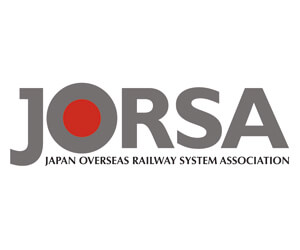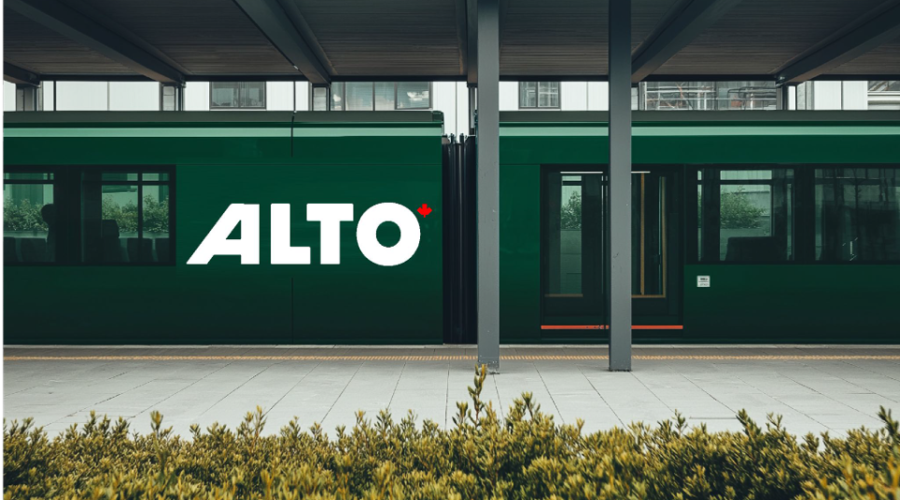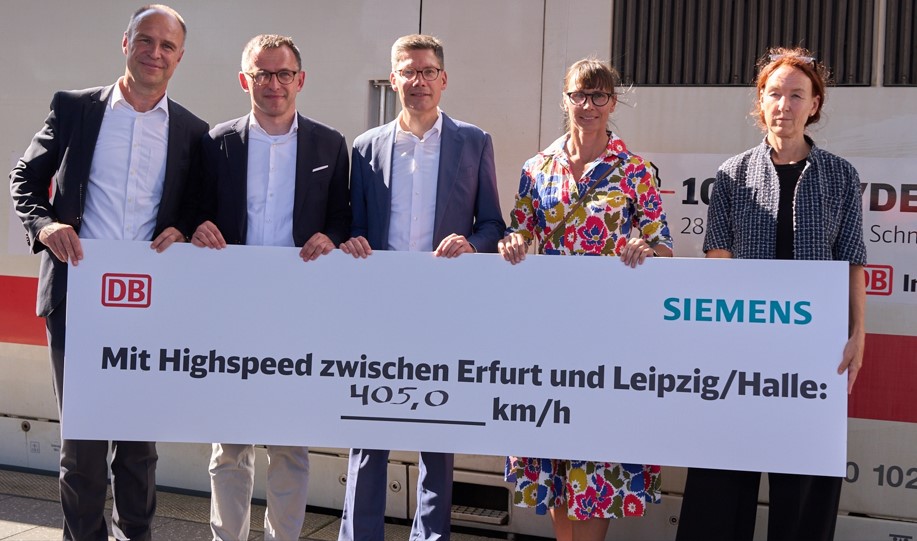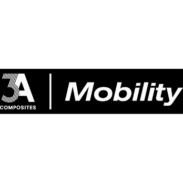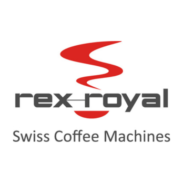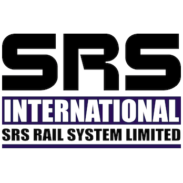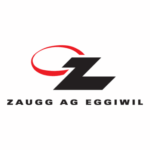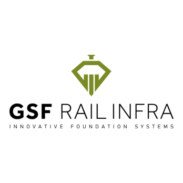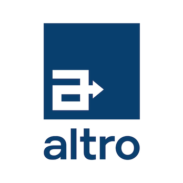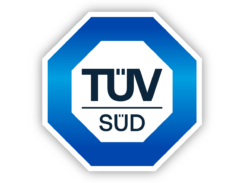Japan Overseas Rolling Stock Association (JORSA) is also known as Japan Overseas Railway System Association
Included in the charter of the Japan Overseas Railway System Association (JORSA) is this statement: the reason for establishing JORSA is to “prevent unfair export transactions, ensure the orderly conduct of export and import transactions, and enhance the common interests of association members, thereby promoting the sound development of export trade, particularly the export of rolling stock.” The wording of these objectives is similar to that of other export associations but today, unlike the situation before and immediately after World War II, it is an everyday occurrence for Japanese enterprises to promote their business overseas. So the objective stated in the charter’s text, “ensure the orderly conduct of export and import transactions,” is no longer relevant.
At the present time, JORSA’s main roles are: handling trade insurance; presenting information overseas; reviewing, collecting and compiling information and information materials; and providing members with information. (These roles are explained in greater detail on other webpages.)
The development of railways has benefited from the four advantages rail transport offers: large volume capacity, safety, punctual services, and speed. During their development, railways have either competed with other transportation modes (primarily motor vehicles, aircraft and ships), or worked in conjunction with them. Because of the recent drive to protect the global environment and conserve energy, trains are now ranked as a vitally important transportation mode.
Because of all of these factors, much is expected of JORSA, and we are continuing to strengthen the foundation on which we promote Japan’s railway-related business overseas.

